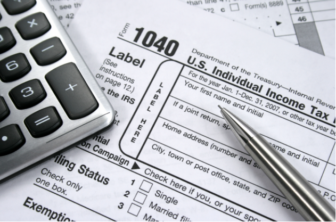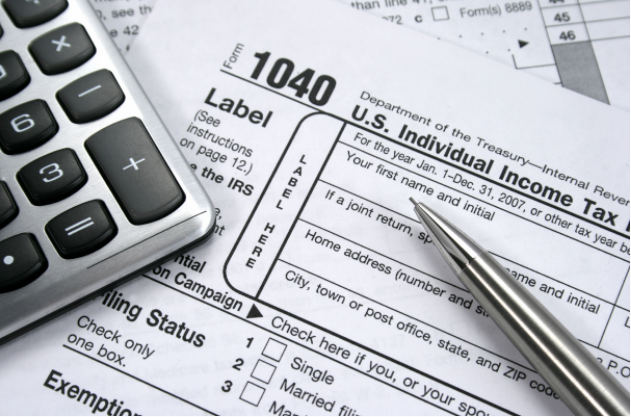In the wake of a colossal wave of income tax refund fraud over the past several years, Connecticut Better Business Bureau, the Internal Revenue Service (IRS) and the Connecticut Department of Revenue Services urge taxpayers to file their paperwork as soon as possible, and carefully select a qualified tax preparer.
 ___________
___________
— an announcement from the Connecticut Better Business Bureau
___________
Both of these measures can expedite processing of your refund and help protect your income tax return information.
“Income tax season is stressful for many consumers, and that stress has been heightened by fears that criminals will file taxpayers’ returns and steal their refunds,” says Connecticut Better Business Bureau spokesman Howard Schwartz.
“Income tax fraud is essentially an identity theft issue which often begins with a data breach. Even though taxpayers cannot prevent the theft of sensitive information by cyber hackers, there are steps we can take to lessen the chances of becoming a victim.”
The IRS is also warning tax preparers to be on guard against fake clients who attempt to get help with their tax returns, usually by sending an infected email attachment designed to burrow into computer systems housing clients’ personal information.
The most effective ways to prevent criminal interception of tax documents and refunds are also the simplest. Returns can be submitted through the computerized eFile system, and refunds can be deposited directly into your bank account. An additional advantage is that these systems can avoid delays and shorten the amount of time it takes to process a return and issue a refund.
BBB offers the following tips to find a reputable tax preparation professional:
Check credentials — Ideally, your tax preparer should be either a certified public accountant, tax attorney, or enrolled agent. Any of the three may represent you before the IRS in all matters, including an audit. Also, find out if the preparer is affiliated with a professional organization that holds its members to a code of ethics.
Service fees — Avoid preparers who base their fee on a percentage of your refund.
A “larger refund?” — Be wary of any tax preparation service that promises larger refunds than the competition.
Never sign a blank return — Steer clear of preparers that ask you to sign a blank return “for convenience.”
Ensure accessibility — Many tax preparation services only set up shop for the months leading up to April 15. In case the IRS finds errors or an audit, you might need to be able to contact your tax preparer throughout the year.
Read the contract carefully — Ensure you understand how much it is going to cost for the service, how the cost will be affected if preparation is more complicated and time-consuming than expected, and whether the tax preparer will represent you in case of an audit.
Ask around — get referrals from friends and family, and check the BBB Business Reviews of prospective tax preparation services at bbb.org.
BBB recommends following a checklist to maximize protection of your tax return’s personal information:
- Use only a secure Internet connection if you file electronically. Don’t use publicly available Wi-Fi hotspots at places like coffee shops or hotel lobbies.
- Shred copies of your tax return, drafts or calculation sheets you no longer need.
- If you intend to mail your tax return, put it in a USPS mailbox or drop it off at the post office, to prevent it from being intercepted from your roadside mailbox.
- Respond to all mail from the IRS as soon as possible.
- Don’t leave tax-related documents in unsecured locations like your office desk or car.
Taxpayers are also urged to ignore unsolicited telephone calls or emails that appear to originate from the IRS or DRS. These agencies remind consumers that they will never initiate a phone call demanding payment for personal information.
Additional information is available on the IRS website, https://www.irs.gov, or by calling 800-829-1040. Connecticut’s DRS maintains strong partnerships with the IRS and other states in order to combat tax refund fraud has a Fraud Unit hot-line at (860) 297-5962. For more information, visit the DRS website at www.ct.gov/drs.
Flomax No Prescription
buy Pepcid online
Buy Metformin online


